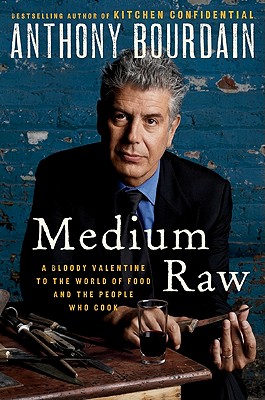Love Times Three
A real life account of Joe and his three wives. They try to bring to light the life of a modern polygamous family; from their fears of social and legal punishments to their daily challenges raising a big family.
This book attempts to erase the stereotype of a polygamous. You know? The ultra conservative, high necked dress wearin', child abusin', male dominated, oppressive, backwoods, cult. The Dargers (Joe, Vicki, Alina, & Val) tell stories about their modern life, which sounds very middle class - they live in the suburbs, have cell phones, go shopping at the mall and Costco, and have jobs (yes, even the women). If you've watched the HBO show Big Love, a show about Bill and his three wives, you'll get a pretty good idea of what the Darger's life is like...well, without all the overdramatized 'compound' stuff.
In my mind there were three parts to this book. The first part was the Darger family explaining why they wanted to 'go public' on this semi-illegal socially shunned lifestyle. What sorts of things they have done so far, like radio shows and Oprah (yes, Oprah!). And, what they hope to achieve by coming out. Already being a liberal minded person, it was like preaching to choir.
The second part of this book is Joe and his wives all telling the story of how they met and became the family they are. This part is a little repetitive; Joe tells the story, Alina tells the story, Vicki tells the story, then Val tells the story. Interesting in a way, BUT, could have been condensed a bit to save on trees.
The next part of the book is what I found the most interesting. Tales of their day to day life, mostly the logistics of a huge family of 24 (or more)! The stats are mind boggling - Ten loads of laundry a day, 5 dozen eggs at brunch, ten cars, kids of all shapes and sizes ranging from the age of two to twenty two! Poor Joe's Sunday 'to-do' list was pages long, ranging from changing lightbulbs to small construction projects. There are also accounts from the children telling their stories on how 'normal' their life is. All of the kids seemed to love their huge family, but, surprisingly not all of them intended to pursue a polygamous life.
I found this book was great to read in conjunction with watching Big Love. There is a bit of jargon used in the book and on the TV show that we don't hear much in life - righteous, priesthood holder, LDS, Fundamentalist. I found since I've watched most of Big Love I already had a good idea what these words meant. So, strangely, I'd recommend watching TV over reading in this case - to really be able to put the jargon into context.
I did not find the writing in this book to be all that wonderful. The stories were not that dramatic and didn't leave that big of an impression on my mind. But, I think it would be a great book to read in a book club. It brings up so many issues that could be discussed.
- Should Polygamy still be considered illegal? Should it be legalized?
- Is it even ethical?
- Have your views on Polygamy changed after reading this book?
- Compare and contrast the gains and losses of polygamy for the husband and wife(ives).
- Large families, like this one of 20 odd members. Beneficial or a hindrance for children?
- How would you deal with one of your children coming to you one day and saying they are marrying into a polygamous family?
- Compare and contract this book with Big Love.
Even though I'd recommend this book for a book club, I wouldn't say it's a 'read'. There are many books out there that are a better read than this one.
Rating: Do not read

